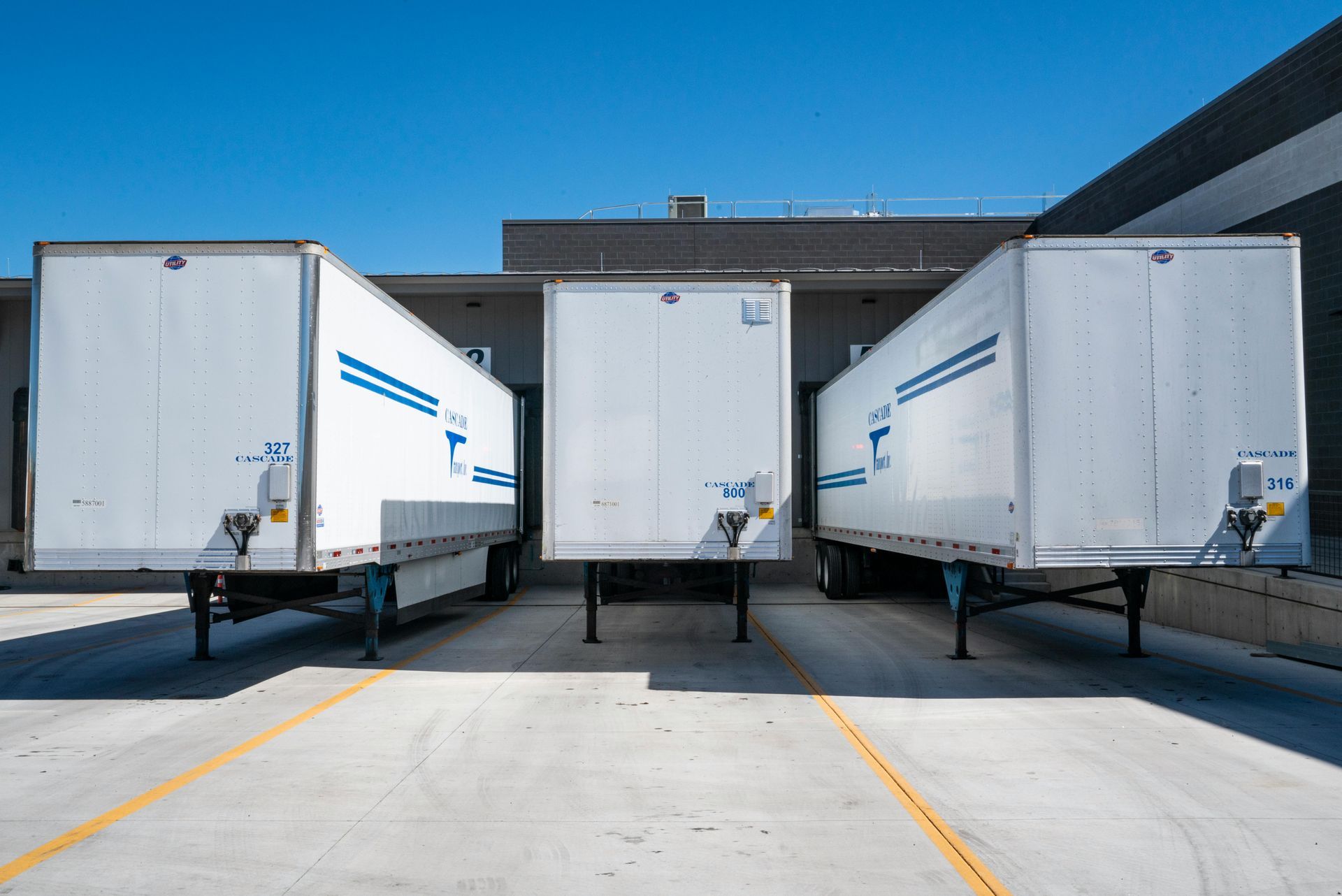Finding Balance: Why Work-Life Harmony Matters More Than Ever
Work-life balance isn’t a luxury, it’s a necessity

In today’s fast-paced world, the lines between work and personal life have never been blurrier. Technology has made us more connected and available than ever before. While this has brought many benefits, it has also created a culture where being constantly “switched on” is often mistaken for productivity.
But there’s growing recognition that work-life balance isn’t a luxury, it’s a necessity. It plays a crucial role not just in employee wellbeing, but also in organisational performance, retention, and long-term sustainability.
What is Work-Life Balance?
Work-life balance doesn’t mean an equal 50/50 split between work and personal life. Instead, it’s about having the flexibility and boundaries to manage responsibilities, pursue passions, and maintain wellbeing without burning out.
That might mean flexible start and finish times to accommodate school drop-offs. For others, it could mean being able to switch off emails after hours, or work remotely a few days a week. The point is that balance looks different for everyone.
Why Work-Life Balance Matters
1. Improves Mental Health - Constant stress, long hours and lack of downtime can take a toll on mental wellbeing. A healthy balance gives people time to rest, recharge, and maintain perspective, which leads to improved focus, emotional resilience and overall happiness.
2. Boosts Productivity and Performance - Contrary to popular belief, more hours don’t equal more output. Research shows that employees who enjoy a healthy work-life balance are more engaged, make fewer mistakes and are more innovative.
3. Enhances Retention and Loyalty - People want to work for companies that respect their time and value their lives outside of work. Employers that support work-life balance are more likely to retain top talent and build a culture of trust and loyalty.
4. Supports Inclusion and Flexibility - Work-life balance is key to creating equitable workplaces. Whether it’s supporting working parents, carers, or people with disabilities, flexible approaches make it easier for everyone to thrive.
How Employers Can Foster Work-Life Balance
- Promote flexible work arrangements
- Encourage breaks, holidays and downtime
- Lead by example
- Set realistic expectations around workloads and deadlines
- Focus on outcomes, not hours
What You Can Do as an Individual
- Define your boundaries, know when to log off and when to say no
- Prioritise your wellbeing, including exercise, rest, hobbies and family
- Communicate your needs with your employer as most workplaces are more flexible than you think
- Check in with yourself regularly
Work-life balance is a foundational element of a healthy, sustainable career and workplace culture. When individuals feel empowered to manage their lives holistically, everyone benefits, employees are healthier and more fulfilled, and businesses perform better.












